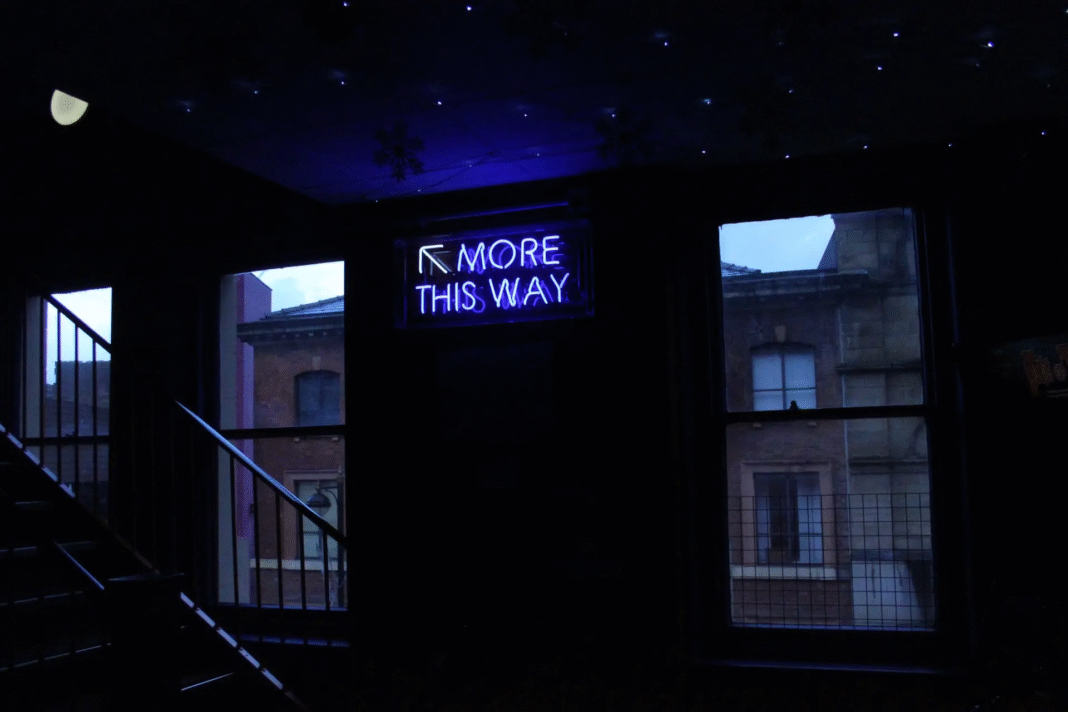
The Overwhelm Paradox: Why Our Quest for Simplicity Keeps Making Life More Complicated
“I’m overwhelmed.”
It’s a sentence that seems to echo everywhere lately. Friends, coworkers, even strangers in coffee shops mutter it with the same resigned tone—half complaint, half confession. I’ve caught myself saying it, too, more than once.
Oddly enough, many of us seem to have more time than we did before—or at least, that’s what we’re told. We’ve got smarter tech, faster services, endless conveniences. In theory, all of this should be freeing us up to live simpler, calmer, more intentional lives.
So why does it feel like everything’s moving faster, and we’re the ones struggling to keep up?
We’re not imagining it. We’re living in what feels like a vortex—an overwhelming swirl of endless tools, content, tasks, and opportunities. And ironically, the more we try to manage the overwhelm, the more it seems to grow.
When Self-Help Becomes Self-Harm
Enter the $11 billion self-improvement industry. On paper, it promises to save us—offering clarity, focus, mindfulness, and calm. But in practice? It often leaves us juggling more apps, more subscriptions, more systems, and more notifications than we had to begin with.
Take a look around:
- You can now install an app whose only purpose is to block other apps. We’ve come full circle.
- There’s a podcast that plays nothing but trailers for other podcasts. It had dozens of episodes within weeks.
- Meditation has evolved into a competitive global market. The digital war for your attention has reached your inner peace.
We’re trying to declutter our minds, but we’re doing it with the same consumerist instinct we use to reorganize our closets: buy more bins, download more tools, subscribe to more plans. We’re trying to reach serenity by outsourcing it.
But your mental well-being deserves more than just another app.
The Hidden Cost of Convenience
Let’s be fair—some of these tools are genuinely helpful. There’s nothing wrong with using apps that assist with focus, or podcasts that spark ideas, or guided meditation platforms that ease stress. I use several myself.
The danger lies not in the tools, but in our relationship with them.
Many of the services designed to “simplify” our lives are created by companies whose survival depends on keeping your attention. They’re not neutral. Their business models hinge on you using them regularly, subscribing endlessly, and preferably forgetting to cancel.
Do Headspace and Calm want to bring you peace? Sure. But not nearly as much as they want your recurring monthly payment.
So while you’re meditating to achieve stillness, your stillness is being monetized.
Simplify the Simplification
It’s time we got more intentional—not just about how we simplify, but why we’re doing it in the first place.
The best antidote to overwhelm isn’t another system. It’s subtraction.
Use the tools that genuinely serve you. Let go of the rest. Be ruthless in your filtering. Ask yourself: “Am I using this right now?” Not “Could this help someday?” Not “What if I need it later?” But “Is this helping me today?”
If the answer is no, the choice is clear.
There’s a certain kind of relief that comes from realizing you don’t need to track, optimize, and improve every single moment of your life. Not everything has to be a project. Not every hour has to be productive. Not every thought needs to be managed.
Sometimes the best productivity hack is doing less.
Reclaiming the Present
What we’re really chasing when we say we want “simplicity” or “focus” is a sense of being present. We want to stop feeling like life is slipping through our fingers while we click from one task to the next.
But presence doesn’t come from notifications or weekly goal dashboards. It comes from stepping back.
It’s in taking a walk without earbuds, sitting in silence, letting your mind wander without immediately reaching for your phone.
It’s in choosing one book instead of keeping twenty open tabs.
It’s in knowing that your value isn’t measured by how many tools you use, how optimized your calendar is, or how quickly you reply to Slack messages.
Final Thought: Trust Yourself More Than the Tools
You don’t need an app to tell you when to breathe. You don’t need a newsletter to remind you that less is more. And you certainly don’t need another productivity guru to sell you the secret to a “simple” life in 10 easy payments.
You already have the most important system within you—intuition, attention, and choice.
So, next time the overwhelm creeps in, pause. Take a moment. Ask yourself: What can I subtract today? Not to do more, but to be more.
You might be surprised at how quickly life begins to feel lighter. Not because you’ve downloaded a better app—but because you’ve remembered that you’re in charge.
And that’s the kind of clarity no subscription can buy.



